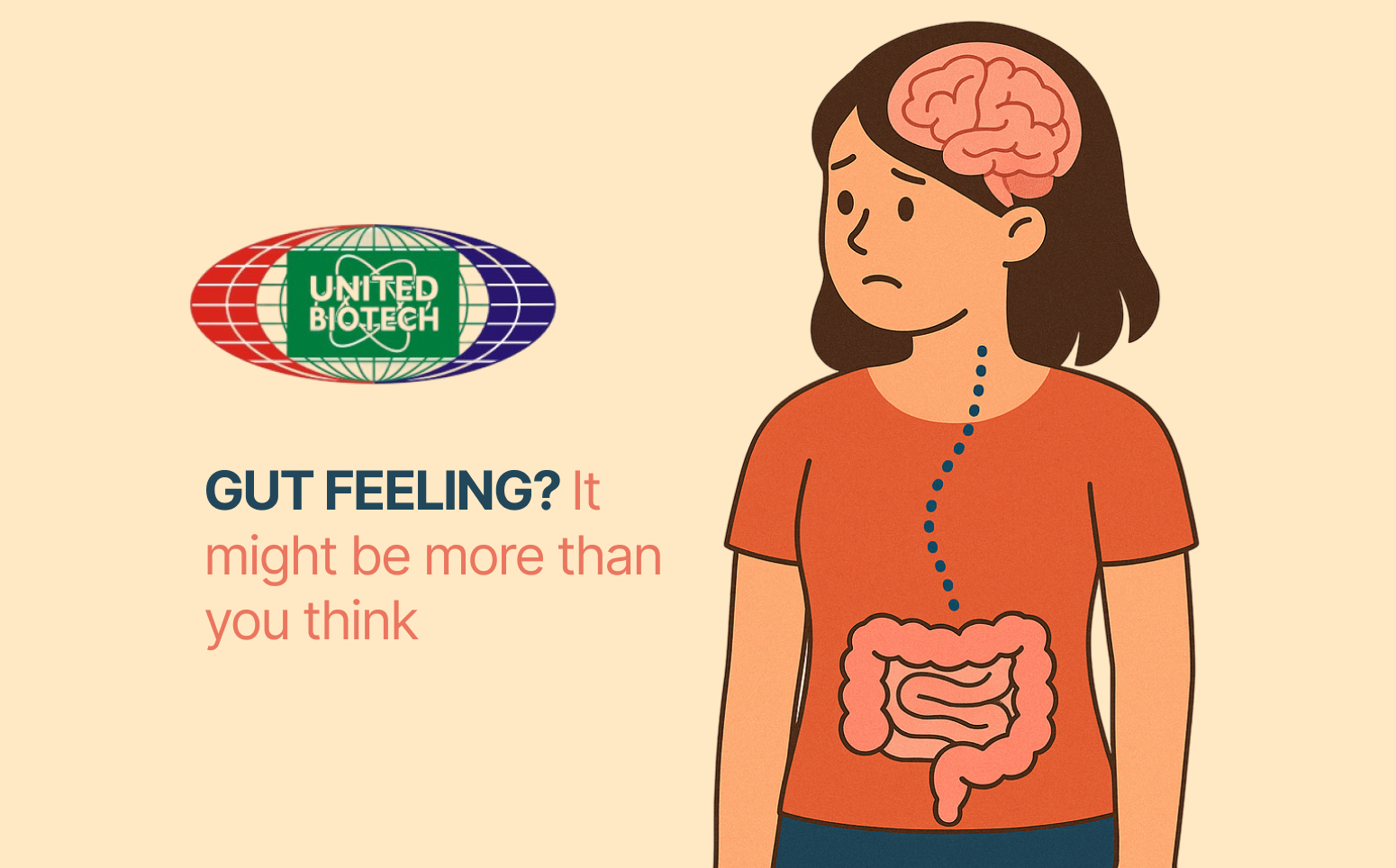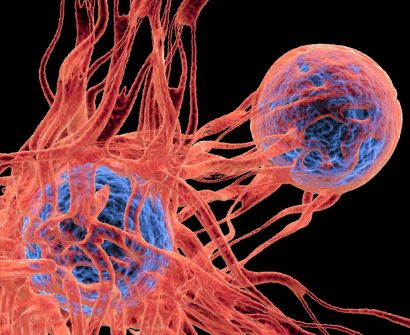
We’ve all had a “gut feeling” at some point. Maybe it told you not to trust someone or gave you a sudden nudge that something wasn’t right. But what if we told you that your gut is doing much more than whispering intuition?
Turns out, your gut health is deeply connected to your overall well-being — from your immune system and mental health to your energy levels and even your skin.
Let’s take a closer look at what makes the gut so powerful, how it communicates with the rest of the body, and why keeping it healthy can transform the way you feel every single day.
What Is the Gut?
The “gut” refers to your gastrointestinal (GI) tract — a long, complex system that starts at your mouth and ends at your rectum. It includes your esophagus, stomach, small intestine, and large intestine.
But there’s more to the gut than just digestion. It is home to trillions of bacteria, viruses, and fungi — collectively known as the gut microbiome. These microorganisms live mostly in your intestines and perform a range of critical tasks.
The Gut: Your Second Brain
Ever heard of the gut-brain connection? Scientists call the gut the second brain for a reason.
Your gut and brain are constantly in conversation through the gut-brain axis — a two-way communication system involving nerves, hormones, and biochemical signals.
This means that what happens in your gut doesn’t stay in your gut.
For example:
- Stress and anxiety can cause stomachaches, bloating, or diarrhea.
- An unhealthy gut can impact your mood, causing symptoms like irritability, low energy, or even depression.
- Gut bacteria produce neurotransmitters like serotonin, which affects your mood and sleep. In fact, about 90% of serotonin is produced in the gut!
Signs Your Gut Might Be Off Balance
When your gut is healthy, you feel it. You digest food easily, stay regular, and feel light and energized.
But if your gut microbiome is imbalanced — a condition called dysbiosis — your body may start sending out warning signals.
Look out for these common signs:
- Frequent bloating or gas
- Constipation or diarrhea
- Heartburn or indigestion
- Fatigue or lack of energy
- Food intolerances or allergies
- Frequent infections or low immunity
- Brain fog or poor focus
- Mood swings, anxiety, or low mood
- Skin issues like acne or eczema
Even if you don’t feel any digestive discomfort, other symptoms might still point to a gut issue.
What Affects Gut Health?
Many things can throw your gut microbiome off balance. Here are some of the most common culprits:
1. Poor Diet
A diet high in processed foods, sugar, and refined carbs can starve good bacteria and feed the bad ones. Lack of fiber, fruits, and veggies also disrupts gut health.
2. Antibiotics
While antibiotics kill harmful bacteria, they also wipe out the good ones. Frequent or long-term use can cause long-lasting changes in your gut flora.
3. Stress
Chronic stress disrupts gut movement, increases inflammation, and changes the composition of your microbiome.
4. Lack of Sleep
Poor sleep doesn’t just make you tired — it also affects how your gut functions. Sleep and gut health are closely linked.
5. Environmental Toxins
Chemicals in water, plastics, air pollution, and household cleaners can negatively affect your gut lining and microbiota.
6. Sedentary Lifestyle
Lack of movement slows digestion and can affect gut diversity.
How to Support a Healthy Gut
The good news? You can make simple changes that have a big impact on your gut health — and your overall well-being.
1. Eat More Fiber
Fiber is fuel for your gut bacteria. Load up on fruits, vegetables, legumes, whole grains, seeds, and nuts.
2. Include Fermented Foods
Foods like yogurt, kefir, kimchi, sauerkraut, and miso are rich in probiotics — live bacteria that support gut balance.
3. Take Prebiotics
Prebiotics are plant fibers that feed your good bacteria. Bananas, garlic, onions, asparagus, and oats are excellent choices.
4. Stay Hydrated
Water helps everything move smoothly through your digestive tract and supports nutrient absorption.
5. Manage Stress
Try meditation, deep breathing, journaling, or a walk in nature. Even 10 minutes of calm a day can make a difference.
6. Get Moving
Regular exercise supports healthy digestion and boosts microbial diversity.
7. Avoid Unnecessary Antibiotics
Only use antibiotics when prescribed. And always take a probiotic supplement afterward to help restore balance.
Gut Health and Immunity
Did you know that around 70% of your immune system lives in your gut?
A healthy gut helps your body recognize harmful invaders and defend against infections. When your gut is unbalanced, you may fall sick more often, recover more slowly, or develop food sensitivities and autoimmune issues.
Gut and Chronic Disease
An unhealthy gut has been linked to many chronic conditions such as:
- Diabetes
- Heart disease
- Obesity
- IBS (Irritable Bowel Syndrome)
- PCOS
- Autoimmune disorders
- Even some forms of cancer
That’s why gut health isn’t just about digestion — it’s central to long-term health.
When to See a Doctor
If you’re dealing with persistent gut issues, don’t ignore them. It might be a sign of something deeper, like inflammatory bowel disease (IBD), leaky gut, ulcers, or even hormonal imbalance.
Medical professionals may recommend tests like stool analysis, endoscopy, or food sensitivity tests to get to the root of the issue.
How United Biotech Supports Gut Health
At United Biotech Pvt. Ltd., we understand the critical role the gut plays in overall wellness. That’s why we manufacture a wide range of gastroenterology products — designed to treat everything from acid reflux and indigestion to IBD and liver conditions.
Our formulations are crafted under WHO-cGMP-certified standards and are trusted by top hospitals and health institutions across India and over 55 countries worldwide.
We manufacture Biolac (Lactulose Solution), Pantazol (Pantoprazole), Unirab (Rabeprazole), Vasmed (Vasopressin), T-pressin (Terlipressin), Probotech (Pre-probiotic), Hepagard (L-Ornithine-L-Aspartate + Pancreatin Tabs, LOLA Sachet, LOLA Inj.)
Whether it’s through prokinetics, probiotics, antacids, or enzymes, our goal is to help people restore balance, improve digestion, and feel their best.
Final Thoughts
Your gut does more than just digest food. It influences your brain, your mood, your immunity, and your hormones. It’s your body’s control center — hidden in plain sight.
So the next time you get a “gut feeling,” listen. It might be your body’s way of telling you something important. Prioritize your gut health, and you’ll start noticing changes — in your body, your mind, and your life.







